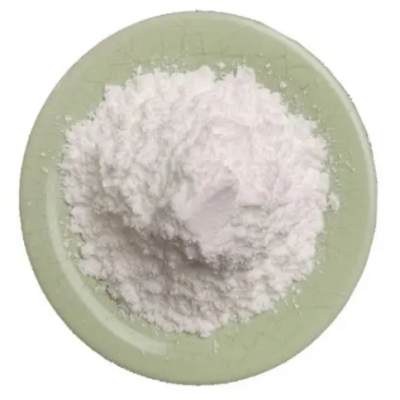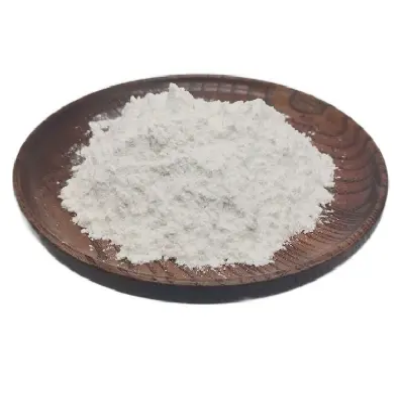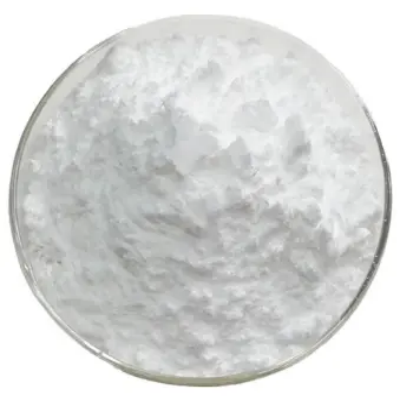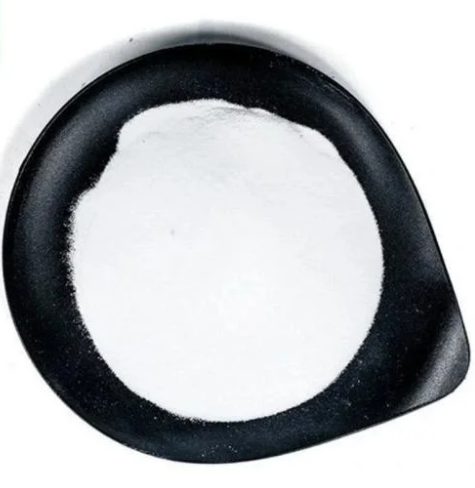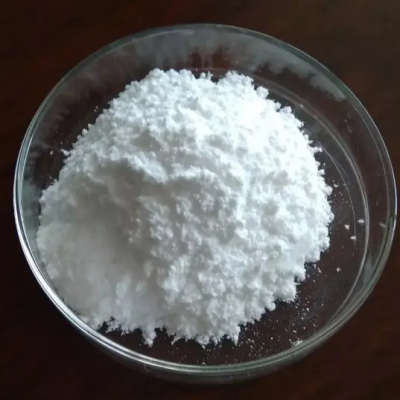Dehydrogenase, alcohol CAS:9031-72-5 Manufacturer Price
Dehydrogenases are a group of enzymes that catalyze the oxidation of a substrate by removing hydrogen atoms. When it comes to alcohol dehydrogenase, it specifically acts on alcohols, facilitating their conversion to aldehydes or ketones by removing hydrogen atoms.
In terms of alcohol effect, alcohol dehydrogenase plays a key role in the metabolism of ethanol in the human body. It helps break down ethanol into acetaldehyde, which is then further metabolized into acetic acid. This process is crucial in preventing the accumulation of toxic levels of ethanol in the body. However, excessive alcohol consumption can overwhelm the capacity of alcohol dehydrogenase, resulting in the buildup of acetaldehyde, which is associated with unpleasant symptoms commonly known as alcohol flush reaction.
In terms of applications, alcohol dehydrogenase has several important uses. It is commonly employed in the production of ethanol in the fermentation industry. This enzyme is utilized to catalyze the conversion of sugars to ethanol by yeast or bacteria. Moreover, alcohol dehydrogenase is utilized in various laboratory techniques and diagnostic assays. It is used to measure alcohol levels in breathalyzer tests and blood alcohol content (BAC) tests. Furthermore, it finds applications in the production of chemicals, such as organic acids and esters, through biocatalysis processes.
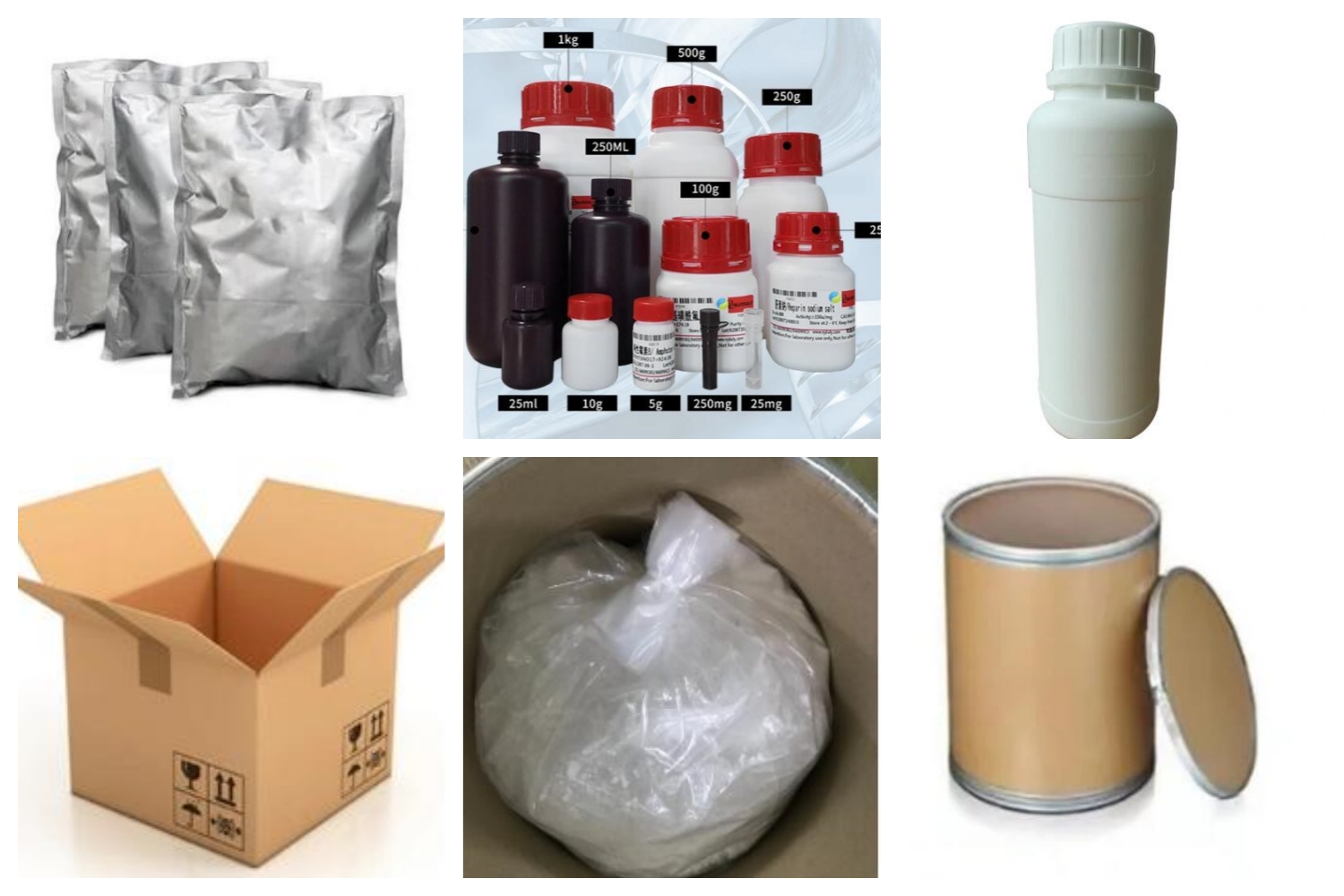
| Composition | N.A. |
| Assay | 99% |
| Appearance | White powder |
| CAS No. | 9031-72-5 |
| Packing | Small and bulk |
| Shelf Life | 2 years |
| Storage | Store in cool and dry area |
| Certification | ISO. |




